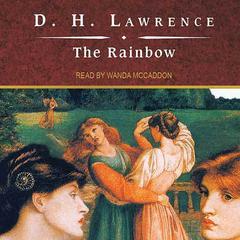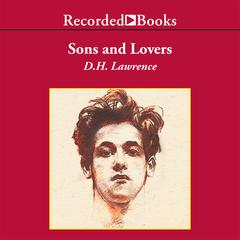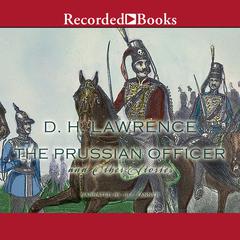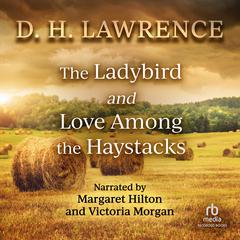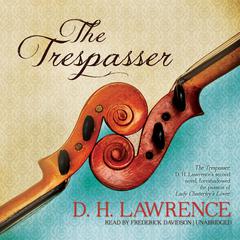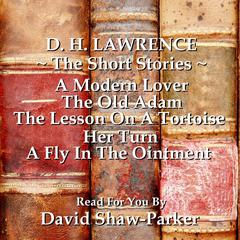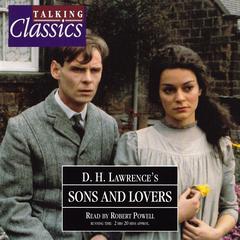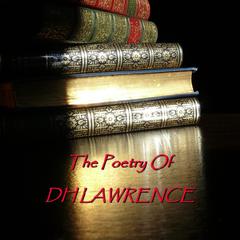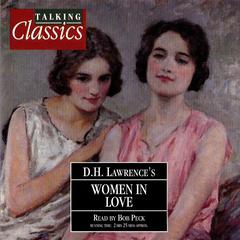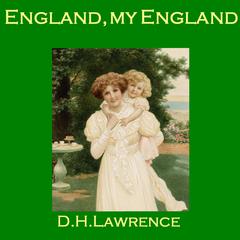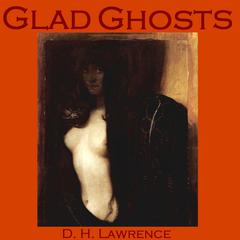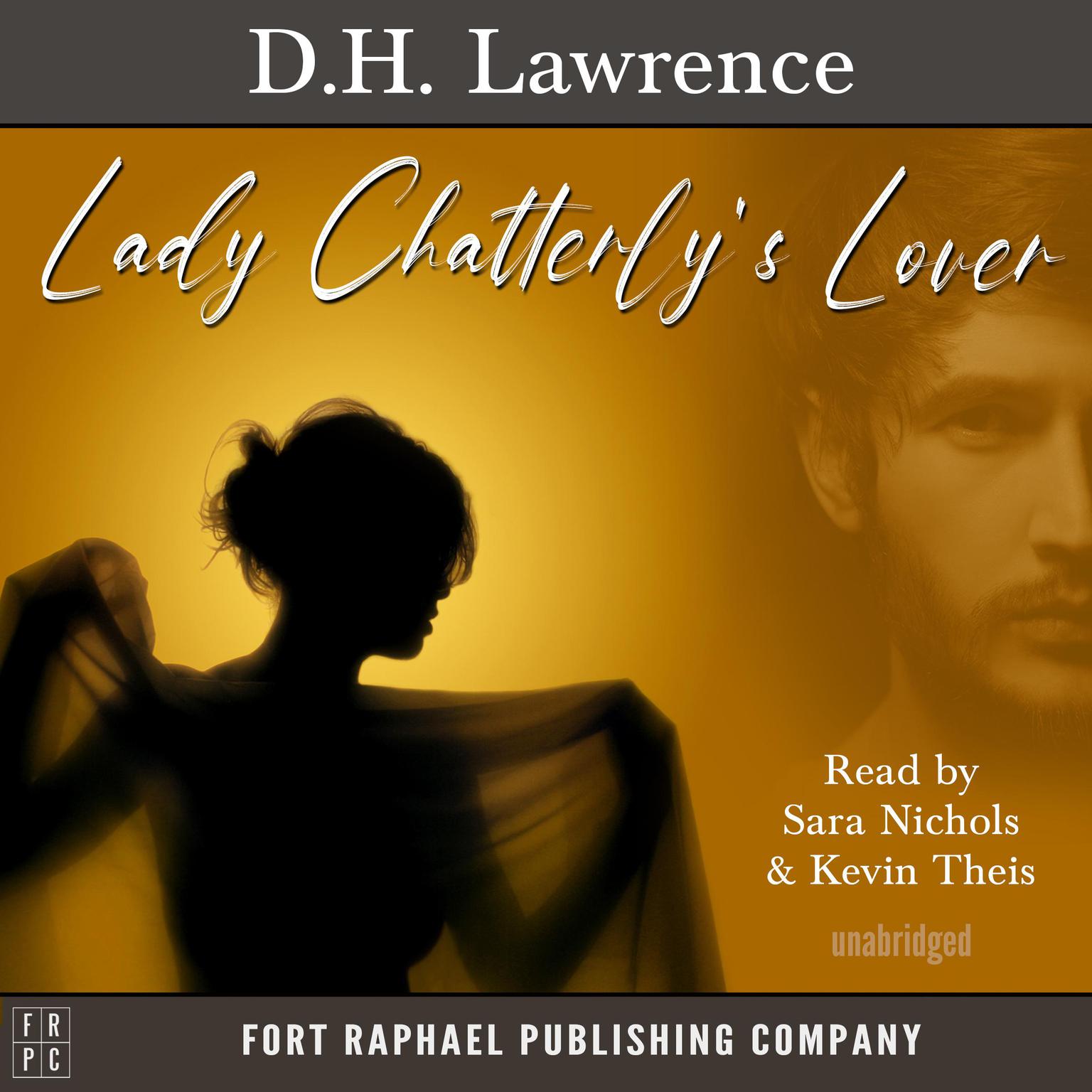 Play Audiobook Sample
Play Audiobook Sample
Lady Chatterley's Lover - Unabridged Audiobook
 Play Audiobook Sample
Play Audiobook Sample
Quick Stats About this Audiobook
Total Audiobook Chapters:
Longest Chapter Length:
Shortest Chapter Length:
Average Chapter Length:
Audiobooks by this Author:
Publisher Description
When D.H. Lawrence's "Lady Chatterley's Lover" first appeared in print in the late 1920's, it was an immediate sensation. A vivid - often graphic - exploration of infidelity, sexual awakening, intimacy and free thinking, "Chatterley" was banned in Britain, America and dozens of other countries for its frank depiction of the sexual act, explicit descriptions of physical love and the liberal use of once-prohibited four-letter words. It was not until 1960 that Penguin Books, in a watershed obscenity trial victory, was finally able to publish the book in England and the novel soon sold an astonishing three million copies and became a celebrated literary landmark. "Lady Chatterley's Lover" follows the marriage of Constance Reid to Sir Clifford Chatterley, a wealthy landlord who was paralyzed fighting in World War I. As Sir Clifford is unable to have a physical relationship with his wife, Connie seeks the comfort of lovers, finally finding true fulfillment in the bed of the estate's groundskeeper, Oliver Mellors. As Lady Chatterley and Mellors relationship grows and class differences threaten their alliance, Connie comes to realize that true love and affection between a man and woman must come from both a mental and physical connection.
Download and start listening now!
Lady Chatterley's Lover - Unabridged Listener Reviews
Be the first to write a review about this audiobook!
About D. H. Lawrence
D. H. Lawrence (1885–1930) was a British writer of novels, poems, essays, short stories, and plays. Some of the books he wrote in the early 1900s became controversial because they contained direct descriptions of sexual relations. His best-known books are Sons and Lovers, The Rainbow, Women in Love, and Lady Chatterley’s Lover.







